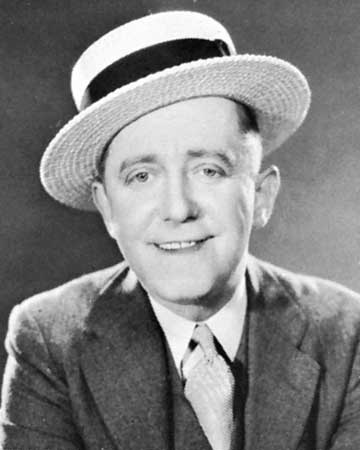Over There
Words by Jack Yellen; music by Milton Ager, 1929 |

 |
Where was "over there"? France. What was happening in France in 1918 when this song was written? When did the war start? Why didn't the United States become involved at first? |
 |
What wars had the United States fought previously? Spanish-American War, 1898; Civil War, 1860s; Mexican War, 1840s; War of 1812; Revolutionary War, 1770s–80s. What was common to all of these wars? Fought in America. What, then, is the significance of those words "over there"? First United States war across Atlantic. |
 |
What is the first verse of the song trying to do? Enlist recruits. What kinds of arguments do the lyrics make about why men should enlist? Make dad, mom, sweetheart proud; be a hero; etc. How convincing were these reasons? Why didn't the author use more political reasons? |
 |
Hum the tune. What does the rhythm remind you of? Bugle call, march. What feelings does the music evoke without the words? Would the message be as strong set to another tune? What effect does the repetition of words have? Echo to sound like a bugle, emphasize message. |
 |
What reasons would be convincing enough for you to enlist to fight a foreign war? What arguments would make sense to you? What emotional message would be most effective? |
 |
Research the role that African Americans played in the military in World War I. Why do you think Norman Rockwell’s art for the sheet-music cover only includes white men?
|
|

"Over There" performed by Billy Murray with orchestra, Edison 78 rpm disc [Edison 50443], © 1917. Available on iTunes, Spotify, and YouTube.
Billy Murray (1877–1954) was known as the Denver Nightingale and was one of the biggest stars of the acoustic recording era. He outsold all other performers from the time of his breakout records in 1903 to his retirement in 1943. While he received star billing on vaudeville, he was best known for his prolific work in the recording studio, making records for almost every record label of the era.
|

View the lyrics for "Over There."
View the published score.
|
|
 George M. Cohan (1878–1942) was an actor, singer, songwriter, and playwright, best known for his patriotic songs. He was exposed to the entertainment industry early in his life, traveling with his family's act, the Four Cohans. Cohan was immensely popular, with several shows on Broadway. He also experimented with other theatrical ventures such as revues, silent movies, and a minstrel show. Most of Cohan's popular songs feature a marching tempo, emulating the marches of Sousa, and often include syncopation, suggesting the "flavor of ragtime." George M. Cohan (1878–1942) was an actor, singer, songwriter, and playwright, best known for his patriotic songs. He was exposed to the entertainment industry early in his life, traveling with his family's act, the Four Cohans. Cohan was immensely popular, with several shows on Broadway. He also experimented with other theatrical ventures such as revues, silent movies, and a minstrel show. Most of Cohan's popular songs feature a marching tempo, emulating the marches of Sousa, and often include syncopation, suggesting the "flavor of ragtime."
 |
| George M. Cohan |
Cohan described this song as "a dramatization of a bugle call," according to David Ewen, and wrote it the day after President Wilson had signed the Declaration of War. Cohan was awarded the Congressional Medal by President Franklin Roosevelt through a special act of Congress, no doubt for his frequent displays of Americanism in his songs and performances. As indicated by the first line, the inspiration for this song was "Johnny Get Your Gun" a song by Monroe Rosenfeld (1886). Conversely, this song inspired others, such as "We'll Do Our Share While You're Over There." This kind of cross-inspiration, where composers and lyricists borrowed ideas from or commented on other songs, was typical of Tin Pan Alley.
The cover of the score was illustrated by artist Norman Rockwell, whose work focused on reflecting American culture. |

Compare this song to:
"I Didn't Raise My Boy to Be a Soldier" (in this unit)
"We Are Coming, Father Abraam, 300,000 More" (Unit 4)
"I Feel Like I'm Fixin' to Die Rag" (Unit 8) |

After studying World War II, change the words to this song to reflect some of the reasons men and women enlisted in that war.
Choose a recent foreign conflict in which the United States was involved. What reasons did the government give for getting involved? What lyrics would make these reasons palatable for young people to enlist? |
|


